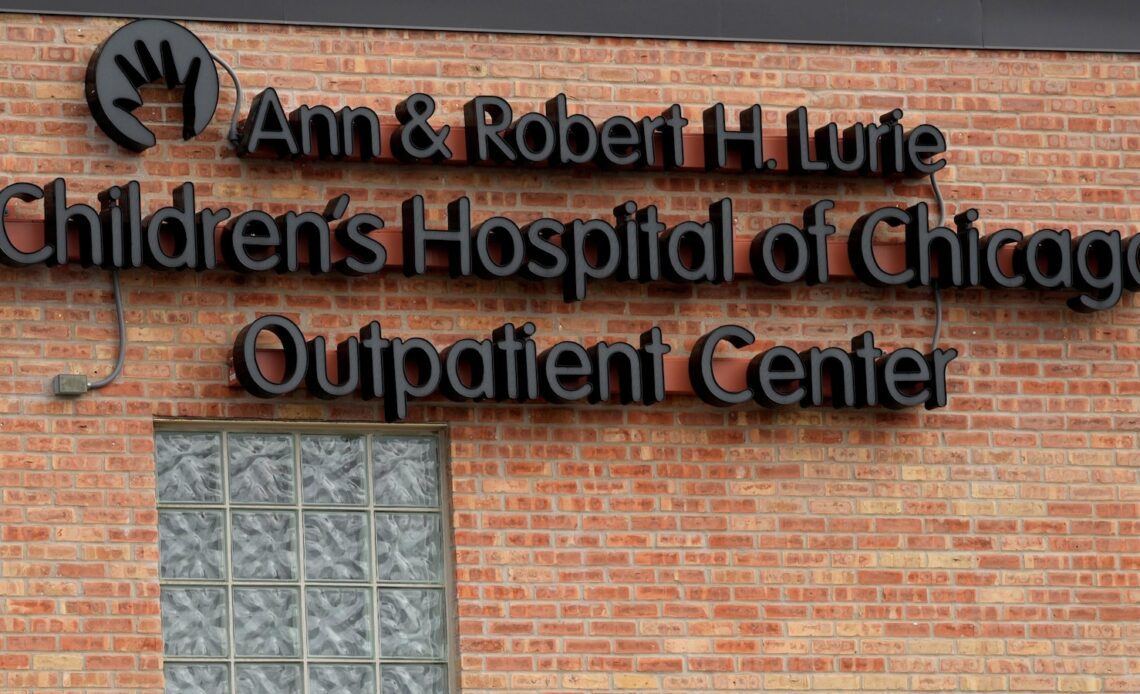WASHINGTON — Cybersecurity experts are warning that hospitals around the country are at risk for attacks like the one that is crippling operations at a premier Midwestern children’s hospital, and that the U.S. government is doing too little prevent such breaches.
Hospitals in recent years have shifted their use of online technology to support everything from telehealth to medical devices to patient records. Today, they are a favorite target for internet thieves who hold systems’ data and networks hostage for hefty ransoms, said John Riggi, the American Hospital Association’s cybersecurity adviser.
“Unfortunately, the unintended consequence of the use of all this network and internet connected technology is it expanded our digital attack surface,” Riggi said. “So, many more opportunities for bad guys to penetrate our networks.”
The assailants often operate from American adversaries such as Russia, North Korea and Iran, where they enjoy big payouts from their victims and face little prospect of ever being punished.
In November, a ransomware attack on a health care chain that operates 30 hospitals and 200 health facilities in the United States forced doctors to divert patients from emergency rooms and postpone elective surgeries. Meanwhile, a rural Illinois hospital announced it was permanently closing last year because it couldn’t recover financially from a cyberattack. And hackers went as far as posting photos and patient information of breast cancer patients who were receiving treatment at a Pennsylvania health network after the system was hacked last year.
Now, one of the top children’s hospitals in the country, the Ann & Robert H. Lurie Children’s Hospital of Chicago, has been forced to put its phone, email and medical record systems offline as it battles a cyberattack. The FBI has said it is investigating.
Brett Callow, an analyst for the cybersecurity firm Emsisoft, counted 46 cyberattacks on hospitals last year, compared with 25 in 2022. The paydays for criminals have gotten bigger too, with the average payout jumping from $5,000 in 2018 to $1.5 million last year.
“Unless governments do something more meaningful, more significant than they have done to date, it’s inevitable that it’ll get worse,” Callow said.
Callow believes the government should ban cyberattack victims such as hospitals, local governments and schools from paying ransoms. “There’s so much money being paid into the ransomware system now there’s no way the…
Click Here to Read the Full Original Article at ABC News: Health…

